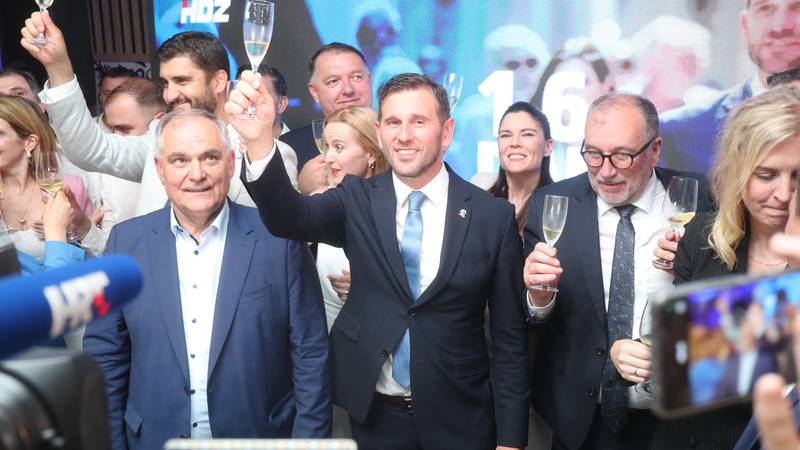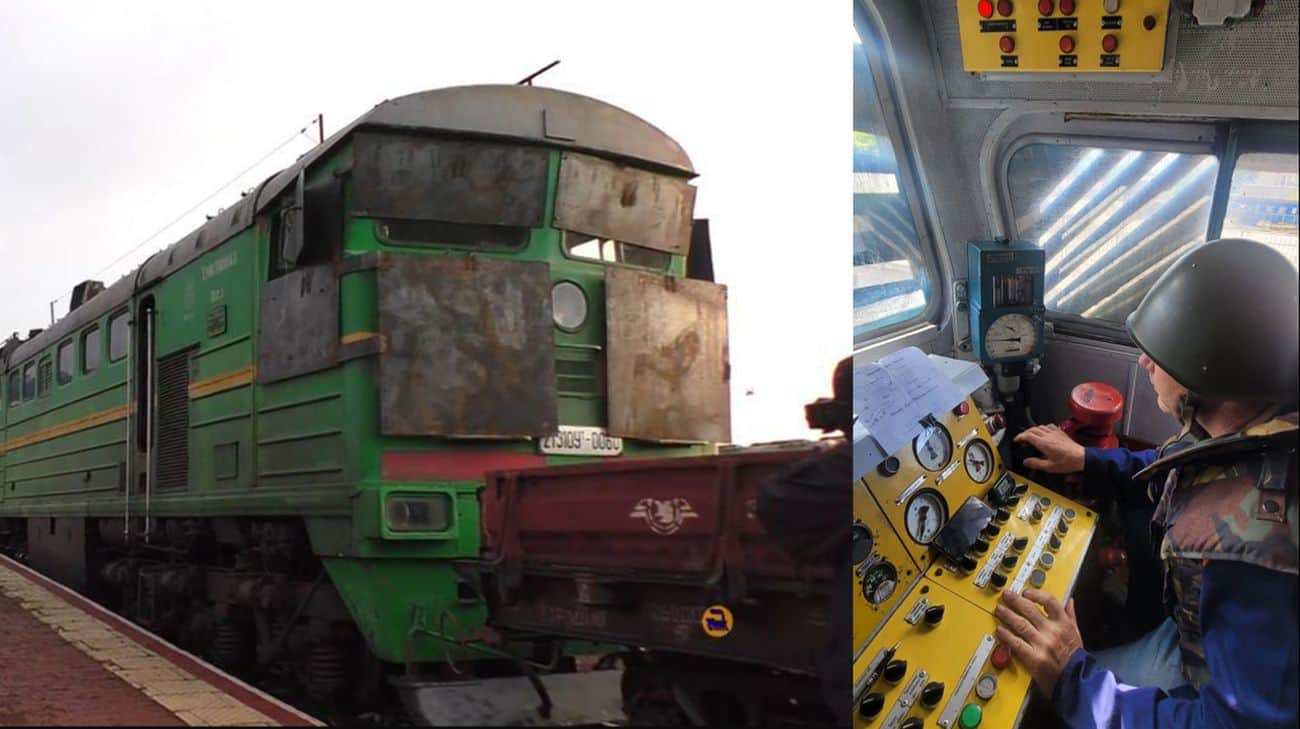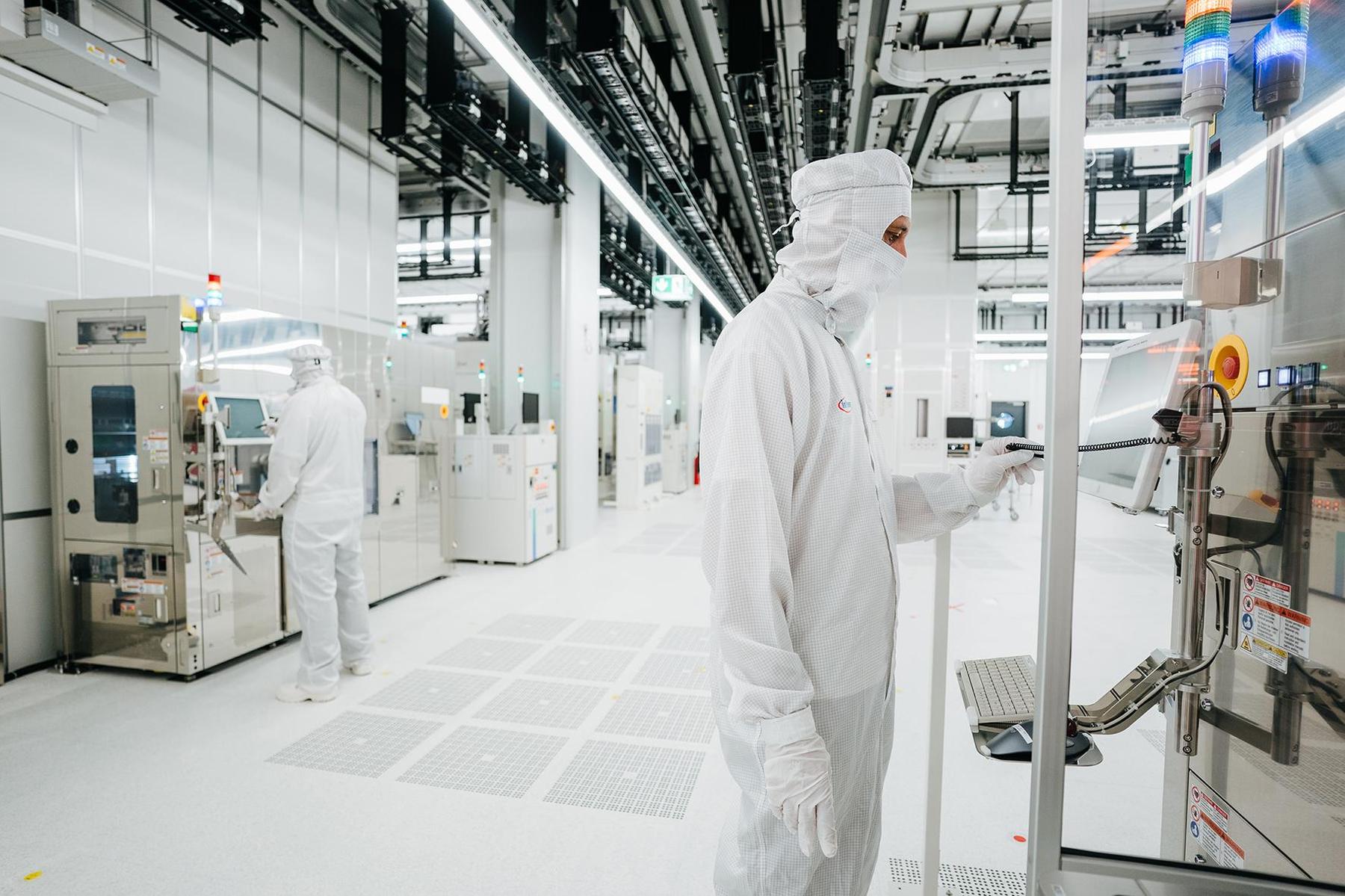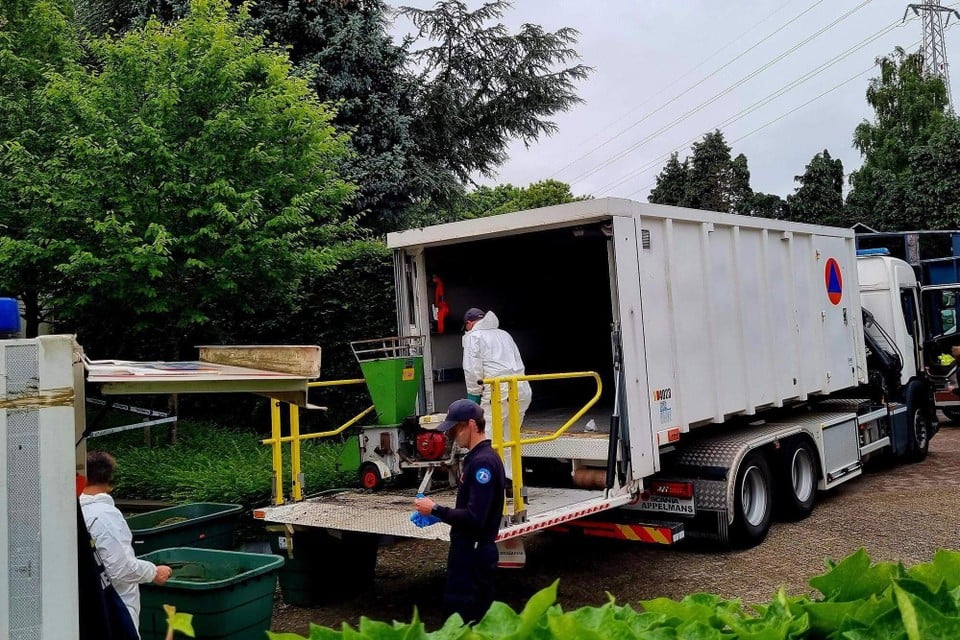Khamenei: We are not overly optimistic or pessimistic in terms of nuclear negotiations
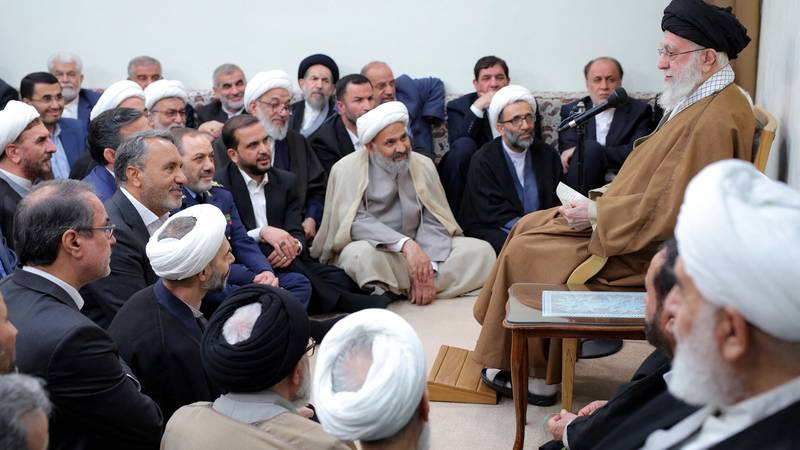
The supreme Iranian leader of Ayatollah Ali Hamenei said on Tuesday that he was « neither overly optimistic nor pessimistic » in terms of negotiations with the United States on the Iranian nuclear program, in the obvious move of Tehran to reduce the growing expectations of the public from agreement.
Failure to reach an agreement with President Donald Trump on the end of the decades of long dispute Iran with the West could deeply harm the Islamic Republic, Iranian politicians said, even if Tehran subsequently portrayed Washington as the culprit.
After the negotiations between Tehran and Washington in Oman last weekend, which described both sides as positive, Iranian expectations of economic recovery increased, according to the Iranians we spoke with on the phone and the messages published by the Iranians on social networks.
Both sides agreed to maintain additional negotiations on April 19 in Oman.
The damaged Iranian currency has strengthened about 20 percent compared to the dollar in the past few days, and many Iranians hope that the agreement on the end of economic insulation is at your fingertips.
« We are neither exaggerated optimists nor pessimists in connection with them. After all, this is a process that has been decided and his first steps are well spent, » Hameni said at a meeting with MPs, according to the state media.
Tehran joined the negotiations cautiously, suspected of the likelihood of agreement and suspicious of Trump, who left the Nuclear agreement of Tehran with six forces from 2015. During his first term in 2018, he repeatedly threatened to bomb Iran if there was no agreement.
« From here (conversations) they must be carefully monitored, with clearly defined red lines and for the other side and for us. Negotiations can lead to results, and maybe not, » Hameni said.
« Avoid connecting the fate of the country with these negotiations, » he added.
Ever since the relations with Washington interrupted after the Iranian Islamic Revolution in 1979, which overthrew the chess he supported the United States, hostility to the United States has always been the point of gathering of Iranian clerical rulers.
However, inflation, unemployment and lack of investment as a result of paralyzing sanctions, re -introduced after Trump rejected the 2015 nuclear agreement, convinced Hamenei to support negotiations with Trump’s administration.
The United States, Israel and Western forces accuse Tehran of developing nuclear weapons, but Iran claims that its program is only for civilian purposes.



